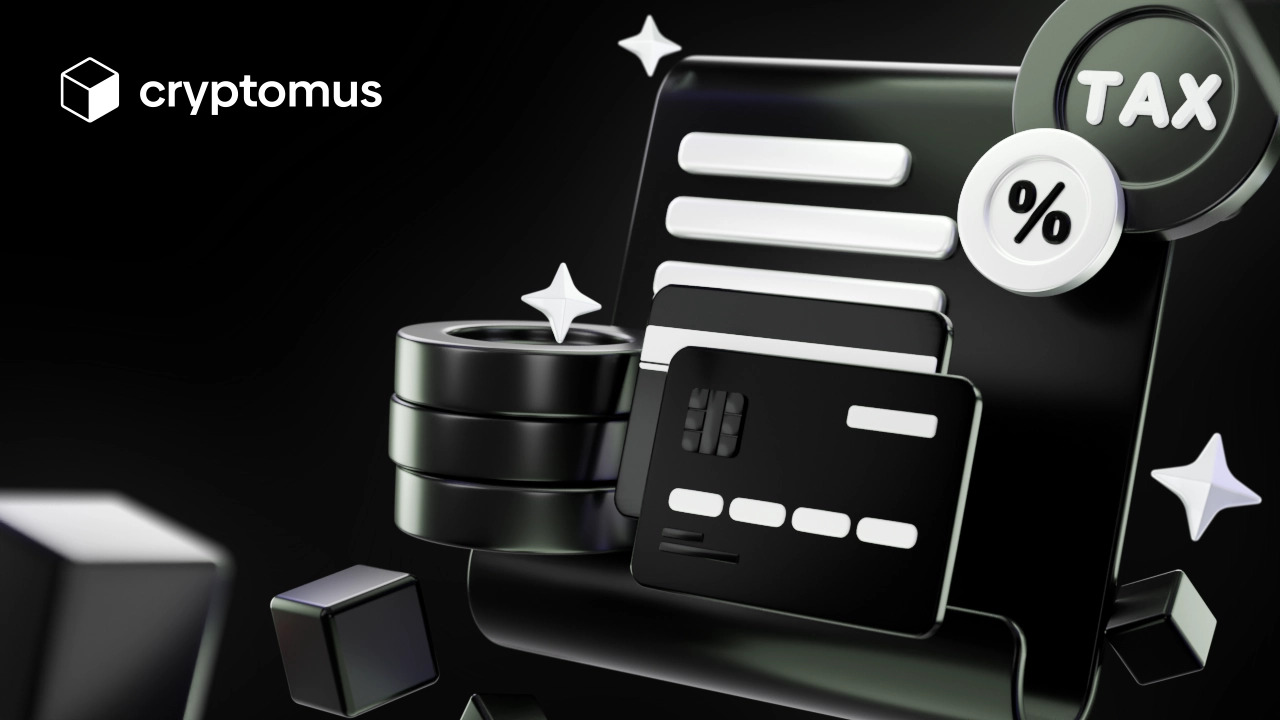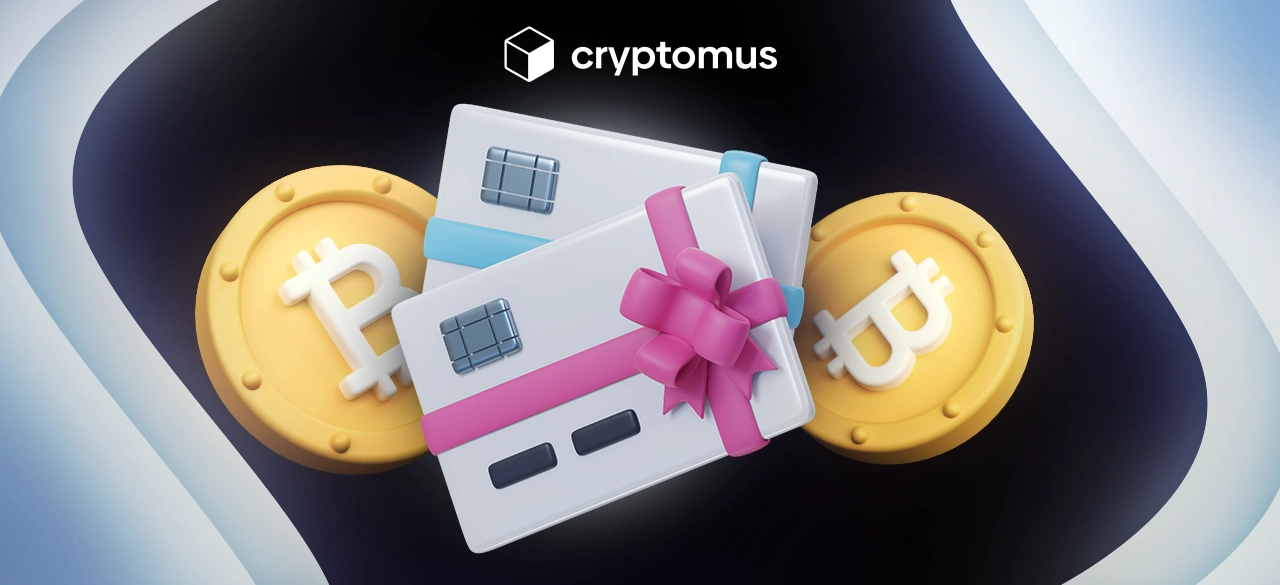
staking 獎勵如何課稅:完整指南
目錄
近年來,加密貨幣 staking 已成為熱門的投資策略,因此相關話題的關注度水漲船高。加密資產持有者特別想知道 staking 獎勵如何課稅。
實際上,各國稅制大不相同,這個議題比表面看起來更複雜。本文彙整了關於 staking 獎勵稅務的最新且完整的資訊。請仔細閱讀本指南,以掌握最新動態並全面理解相關議題。
什麼是 staking?
在探討 staking 獎勵的稅務前,有必要先理解 staking 的本質。
簡言之,staking 是一種在區塊鏈上持有並主動使用加密貨幣以賺取獎勵的方式。此過程使用稱為 Proof of Stake (PoS) 的機制,無需銀行或支付系統等中介,即可完成交易驗證與安全性維護。Proof of Stake 僅由加密貨幣持有者參與區塊鏈上的交易驗證流程;這一過程由特定區塊鏈網路上的電腦(節點)執行,以確保帳本紀錄的正確性。
並非所有加密貨幣都可進行 staking,但可選清單相當長。常見的例子包括:你可以stake Ethereum、Polygon、Solana、Cosmos、Cardano 等等。
什麼是 staking 獎勵?
staking 獎勵是指加密資產持有者在區塊鏈上參與網路活動所獲得的酬勞。你可以作為驗證者(validator)在網路上處理交易,或者把加密貨幣委託於具備驗證者功能的平台進行 staking;這些平台可能是加密貨幣錢包或加密貨幣交易所。例如,在Cryptomus 交易所,你可以將資金安全鎖定於平台錢包,並在驗證者建立新區塊時獲得收益。此外,你也可以自己成為驗證者,進一步提高獎勵。

若能掌握影響因素,staking 也可能帶來可觀收入。一般而言,獎勵多寡取決於多項面向:
- 進行 staking 的加密貨幣
- staking 服務提供者
- 代幣鎖倉期間
- 是否具驗證者身分
多數情況下,當你對某一加密貨幣進行 staking,獎勵會以相同幣種的新幣/代幣發放。例如,Polygon 用戶以 MATIC 進行 staking,獎勵通常也以同一代幣發放。這樣的設計有助於提升網路的去中心化程度與安全性。
在美國需要繳稅嗎?
美國國稅局(IRS)將加密貨幣視為財產,因此其課稅邏輯與股票或不動產相近。staking 獎勵屬於所得的一部分,需納入課稅範圍。
在美國,staking 獎勵如何課稅?
在美國,挖礦(mining)與 staking 於收到當下即視為所得。因此,會按一般綜合所得稅稅率課稅。
加密貨幣相關稅額必須與其他所得一併納入年度報稅。你需要填報 1040 表(U.S. Individual Income Tax Return,申報包含加密貨幣交易所產生的普通所得在內的總所得。在計算稅額前,任何加密資產的金額都必須先換算為美元。
下表列出了在美國針對不同加密貨幣所得(包含 staking 獎勵)所適用的稅率,供你參考:
| 美國 staking 獎勵課稅級距 | ||
|---|---|---|
| 所得級距 | 適用稅率 | |
| $0 ~ $11,000 | 10% | |
| $11,001 ~ $44,725 | 12% | |
| $44,726 ~ $95,375 | 22% | |
| $95,376 ~ $182,100 | 24% | |
| $182,101 ~ $231,250 | 32% | |
| $231,251 ~ $578,125 | 35% | |
| 超過 $578,126 | 37% |
希望這份指南能幫助你理解加密貨幣 staking 獎勵的課稅方式,並讓你更清楚你所在國家/地區適用的稅務規則。歡迎在下方分享你的 staking 經驗,或提出任何問題!



